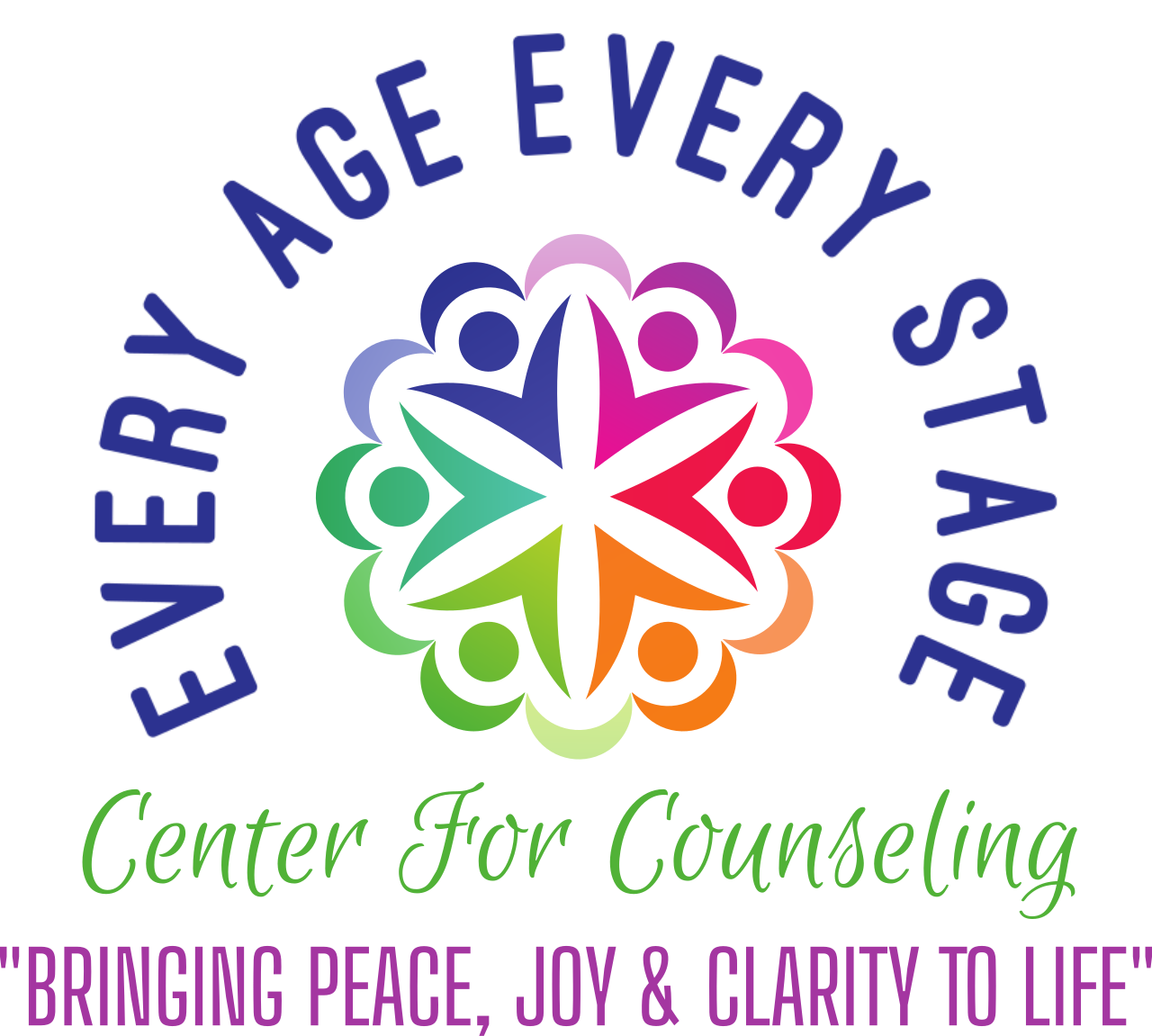engage in the stage
Finding Joy in the Present:
“Joy does not simply happen to us. We have to choose joy and keep choosing it every day!"
- Henri J.M. Nouwen
Engaging in each stage of life through Erikson's Approach
Erik Erikson was a developmental psychologist who proposed a theory of psychosocial development, which consists of eight stages that individuals go through across the lifespan. Each stage involves a psychosocial crisis or challenge that must be resolved in order for the individual to develop a healthy sense of self and move on to the next stage.
Engaging in each stage of Erik Erikson's psychosocial development theory involves actively embracing the challenges and tasks specific to that stage. It requires self-reflection, a willingness to confront personal conflicts, and a commitment to personal growth. By engaging in each stage, individuals can gain valuable insights into their own development, better understand the experiences of others, and navigate the complexities of life more effectively. Engaging in the stages of Erikson's theory empowers individuals to develop self-awareness, empathy, and resilience, as they work towards resolving conflicts and achieving positive outcomes at each stage. This active participation in the developmental process contributes to personal growth, improved relationships, and a greater sense of fulfillment through EVERY AGE AND EVERY STAGE OF LIFE
overview of Erikson's eight stages of development:
